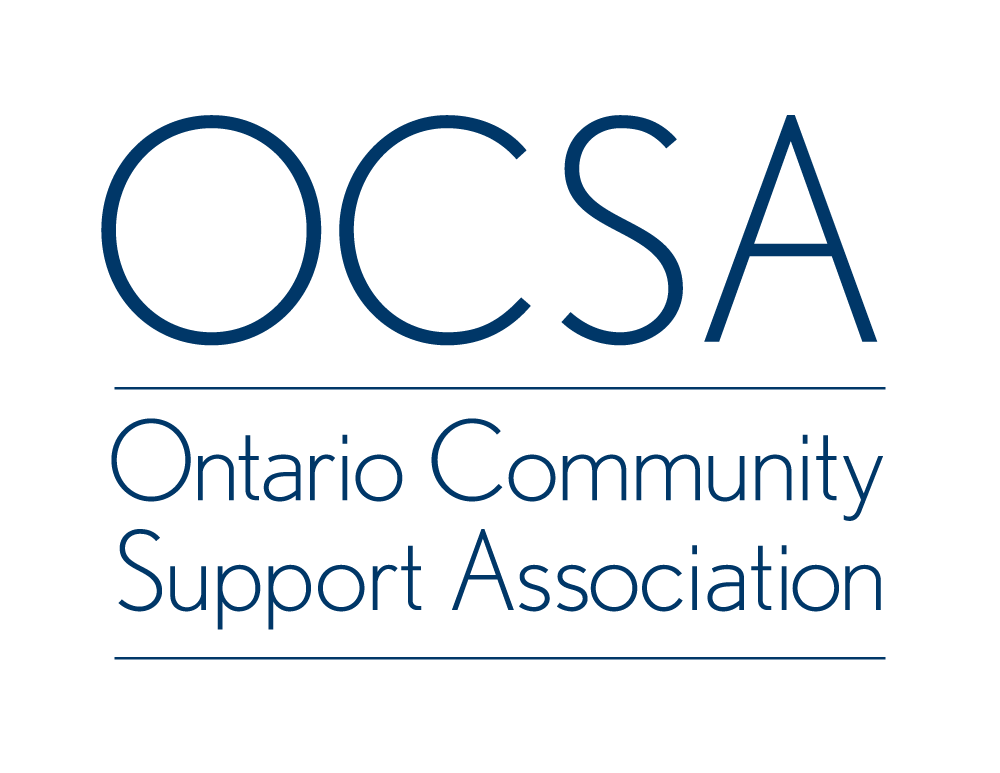Staffing crisis threatens home and community care sector with 421% increase in vacant RN positions and 331% increase in vacant PSW positions

Staffing crisis threatens home and community care sector with 421% increase in vacant RN positions and 331% increase in vacant PSW positions
New survey from the Ontario Community Support Association shows sector frontline staff vacancies nearly tripled from 2020 to 2021
TORONTO, Feb. 10, 2022 - The Ontario Community Support Association (OCSA) is sounding the alarm on the state of their sector with the latest survey* results on staff vacancy rates.
According to the recent OCSA member survey results for 2021, across their three top frontline positions (PSWs, RN, RPNs) for both full-time and part-time employment, 17.4% of positions are vacant. This is nearly triple last year's survey results which showed a vacancy rate of 6.8%. As well, 26.1% of all RN positions are vacant, an increase of 421% while 14.2% of full-time PSW positions are currently vacant – this is a 331% increase in vacant full-time PSW positions in the sector.
OCSA is a member organization representing more than 220 agencies across Ontario that together support more than one million Ontarians in home and community care services. The sector cares for diverse clients of all ages across the province, with a range of care needs including vulnerable clients on dialysis and home ventilators. Services include nursing care, personal care, rehabilitation, adult day programs, supportive housing/assisted living programs, Meals on Wheels, transportation, transitional care and much more.
"Our member organizations can no longer maintain current service levels without adequate resources," says OCSA CEO Deborah Simon. "These are non-profit organizations that rely on government support and fundraising. Many have long waitlists and no staff to service the clients. The shortage has led to longer waitlists, triaging of clients, and the current trajectory will lead to cancellation of programs or services and with it, increased caregiver burden as well as added pressures on long-term care (LTC) and hospitals across Ontario."
Staff are leaving the home and community care sector in droves, many to other sectors where there are incentivized opportunities to shore up similar roles in hospitals and LTC. This means PSWs in the home and community care sector have the same education yet make an average of 19% less than PSWs in the hospital sector and 9% less than PSWs working in long-term care. Registered nurses in home and community care also make significantly less despite the same education – an average of $11.00 less per hour, or 32% less than in hospitals.
OCSA is calling on the government to urgently address this by:
- Repealing Bill 124 – Home and Community Care Health Service Providers cannot compete with LTC/Hospitals that are able to pay higher wages for the same staff roles
- Making pandemic pay permanent
- Recognizing the massive wage parity issue
- Striking an urgent task force in the sector to address these HHR issues and report back to government with a system wide plan
"We've seen that this crisis has been quietly building as one arm of the system gets funding while the other, which is designed to keep people safe at home and alleviate the burden, is in dire straits. There is no longer any runway," says Simon. "We are sounding the alarm bells before it's too late."
About OCSA
Celebrating our 30th anniversary, the Ontario Community Support Association (OCSA) represents close to 220 not-for-profit organizations that provide home care and community support services to over one million Ontarians. Our members help seniors and people with disabilities live independently in their own homes and communities for as long as possible. These proactive and cost-effective services improve quality of life and prevent unnecessary hospitalizations, emergency room visits and premature institutionalization. They are the key to a sustainable health care system for Ontario. For more information, visit www.ocsa.on.ca or @OCSATweets.
About the Survey*
OCSA conducted two surveys, one in February 2021 and one in February 2022. Both surveys had over 60 OCSA member responses. The returned samples represented over 11,000 frontline positions in both surveys. Both surveys asked members to identify the number of FT, PT and casual RN, RPN and PSW/Attendant care positions in their organizations and the number of people filling those positions on December 31st, 2020, January 30st, 2021, December 31st, 2021 and January 30th, 2022. We used December 2020 and December 2021 data due to data completeness. Some entries were missing January 2022 data.
For further information: Media Contact: Janice Bedore, Executive Assistant, Janice.bedore@ocsa.on.ca, 1-800-267-6272 ext. 224
Share
More Updates

Ontario relies on community health workers every day to treat illness, support mental health, provide care at home, help people live independently, and keep families well, and in many cases, they provide this care 24/7. They care for people of all ages and backgrounds, often with highly complex needs, and they are essential to achieving a sustainable and high performing healthcare system. Closing the wage gap is not simply about fairness; it is about protecting access to care, reducing system pressure, and ensuring Ontario ’ s healthcare investments deliver maximum impact. The ten provincial community health associations are committed to working collaboratively with the government to build a stable, sustainable community health workforce, which supports a stable and sustainable healthcare system, a goal we all share.

Ottawa, Ontario – [January 14, 2026] — The Ontario Community Support Association (OCSA) is calling on the provincial government to prioritize sustained investment in Home Care and Community Support Services in the 2026 Ontario Budget. Without action, seniors will lose essential services and hospital emergency rooms will face even greater pressures. Appearing today before the Standing Committee on Finance and Economic Affairs, OCSA CEO Lori Holloway highlighted that community-based care is a cornerstone of Ontario’s health system—keeping people healthy at home, enabling them to age with dignity and preventing unnecessary hospital and long-term care admissions. “Without new investment in Community Support Services, seniors will lose meals and personal care services, caregivers will lose day programs for their loved ones, and hospital beds will fill up as more people are stuck waiting for care that should be delivered at home,” said Holloway. OCSA represents more than 200 not-for-profit home care and community care providers across Ontario, delivering services such as high-needs home care, Meals on Wheels, assisted living, transportation to medical appointments, adult day programs for people living with dementia, and respite supports for caregivers. While the province has made recent investments in home care expansion, OCSA emphasized that these gains are fragile if the community supports that enable people to remain safely at home are allowed to erode. Community Support Services account for less than two per cent of Ontario’s total health budget, yet received no funding increase in Budget 2025 . As a result, many providers are already planning service reductions or facing difficult decisions, including reducing meal delivery routes, limiting day programs and respite services, scaling back transportation programs, and closing adult day programs for part of the week. In turn, service reductions will place additional strain on working caregivers, 69% of whom are experiencing burnout and nearly half of whom are considering leaving the workforce to care for their loved ones. “These are not abstract risks,” Holloway said. “They are real service reductions being planned right now in communities across the province.” When community supports are unavailable, patients end up in hospital and/or remain in hospital beds longer—not because they need acute care, but because the services required for safe discharge do not exist. A hospital Alternate Level of Care (ALC) bed costs approximately $730 per day , compared to $103 per day for home and community care. Ontario’s aging demographics make the issue increasingly urgent. Nearly one in five Ontarians is now over the age of 65 , and the senior population is expected to grow significantly over the next decade. OCSA is urging the government to immediately: Sustain home care through a renewed multi-year investment of $442 million investment annually, and predictable funding; Invest $150 million annually to stabilize Community Support Services and prevent service cuts; and Address workforce shortages by closing the wage gap facing community health workers, who earn 23 to 46 per cent less than their hospital counterparts. “Ontario cannot build its way out of an aging population with hospitals and long-term care beds alone,” Holloway said. “Care delivered at home and in the community is where people want to be, and it is the most cost-effective and compassionate approach for the health system.” About the Ontario Community Support Association The Ontario Community Support Association represents more than 200 not-for-profit organizations providing home care and community support services across the province. OCSA members deliver essential services that help people live independently, age at home, and reduce pressure on hospitals and long-term care. For more information visit www.ocsa.on.ca or @OCSATweets For media inquiries please contact: Karla Sealy (she/her) Manager of Communications 416-256-3010/1-800-267-6272, ext 242 karla.sealy@ocsa.on.ca

